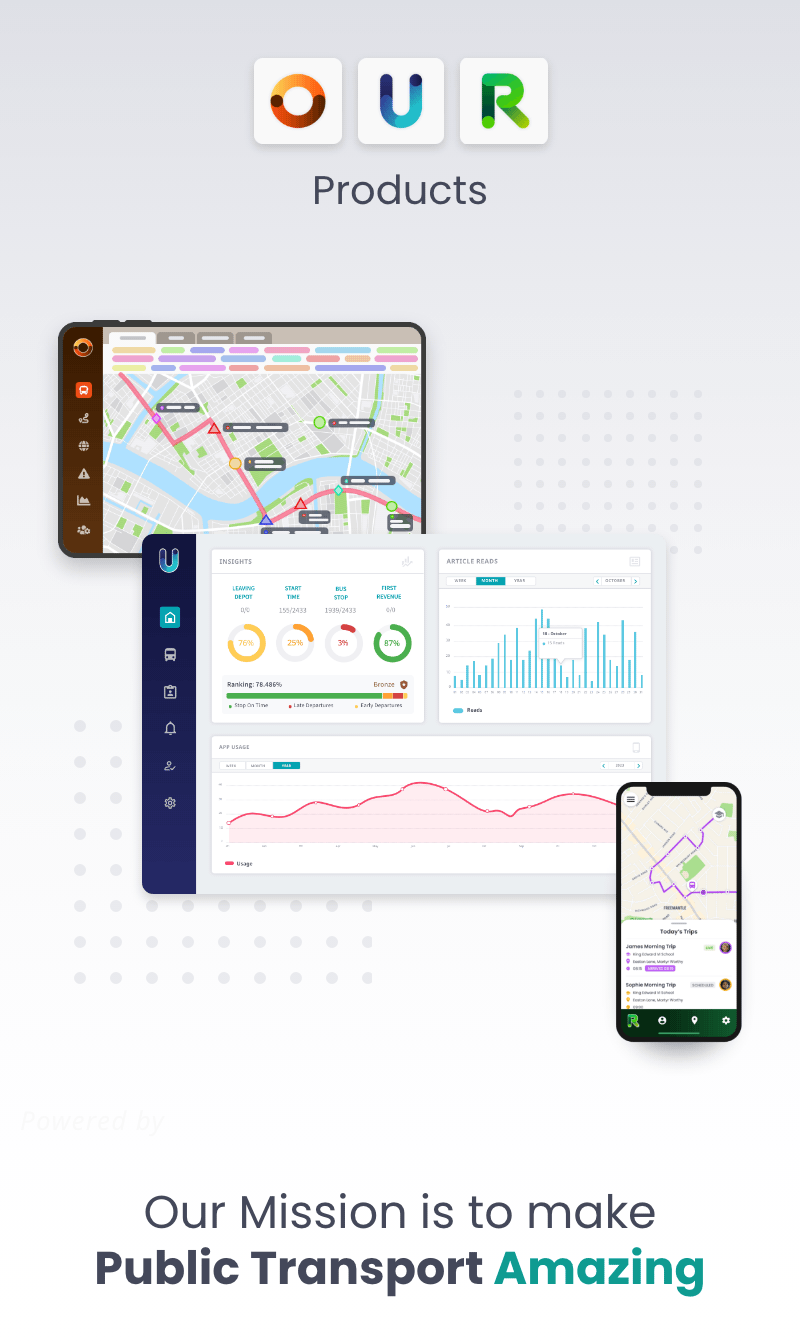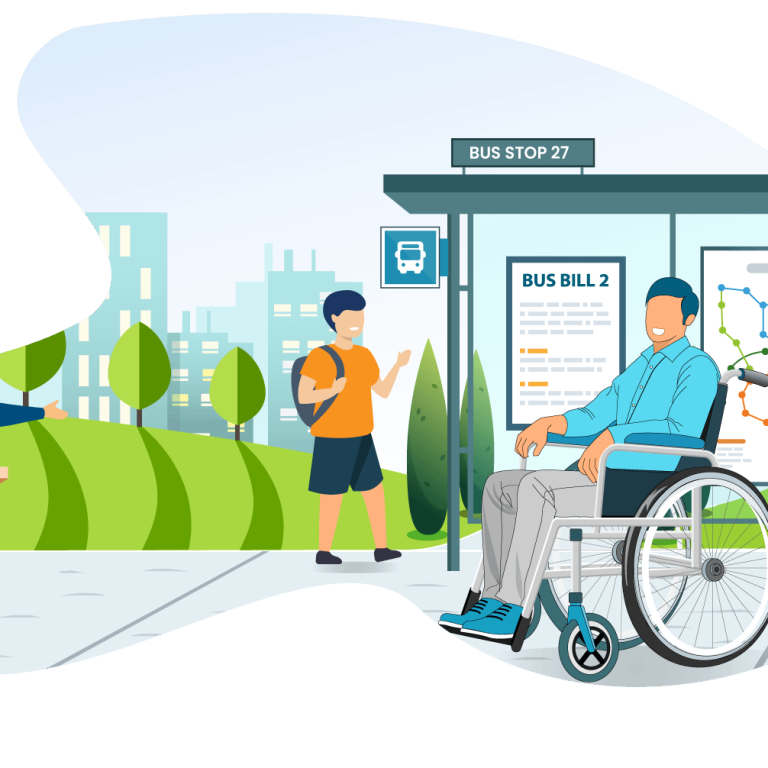Bob Dylan once famously said that “The times they are a-changin”, and that is certainly true in the case of the West Midlands, where the newly elected Mayor Richard Parker did exactly what he said he was going to do. On 9th May, he signed the historic documents that will bring bus services back into public control after more than 40 years of services being operated by privately owned bus companies.
The Mayor said:
“For too long our buses have been run for private profits, not public good. Today that changes. The public have been clear – they want a better bus service back under public control, and I have heard them loud and clear. I promised to take back control of our buses – and today’s decision shows we are delivering on that promise. The work is now underway, and over the next two year we will create a bus network that puts passengers first – reliable, affordable and run in the interests of the people that use them.”
So how will the Mayor make this work in just two years, when it took his fellow Mayor Andy Burnham in Manchester over six years to go from planning to full implementation? The Mayor has made it clear that he is determined to meet his targets. With around 236 million journeys made last year, buses account for 8 out of 10 public transport trips. A well-used, low-emission network is therefore seen as a crucial part of the region’s plans to cut traffic congestion, improve air quality, and protect the environment.
Under the new regime, the leading authority (Transport for the West Midlands) TFWM, will set the fares, timetables and routes of bus services and award a series of contracts to private operators to run them. What this means is that the mayor and his team will be able to design a network that best serves the businesses and residents best.
There are expected to be nine local franchise areas which will have three rolled out each year from 2027 until 2029, plus a number of smaller, single route contracts designed to encourage smaller bus operators to bid. It is anticipated that the cost of setting up the new franchised operations will be a mouth watering £22.5 million over the three years.
Crucial to the success of any franchising scheme is the need to ensure that buses can actually keep to the timetable. For years, the problem has been congestion and this means that some tough decisions will need to be taken to ensure that bus priority is given in key pinch point areas. Although the economic case for buses is quite convincing with experts claiming that for every £1.00 invested in buses, it will generate a £12.00 benefit to the local economy, which is a very good return on investment.
There is no doubt that, as with any franchising model, there will be winners and losers. With National Express West Midlands currently operating over 90% of bus services in the region, it will be interesting to see how their fortunes fare over the next three years. A similar uncertainty may face my old friends at the Diamond Bus company, who have established a strong position as the second largest operator. I have no doubt that other bus companies will be watching closely, waiting in the wings for a chance to claim their slice of the bus pie. Time will tell. And since we began with a Bob Dylan song, it seems only fitting to end with one. Either way, there will be a Changing of the (Bus) Guard!

Written by Austin Birks






